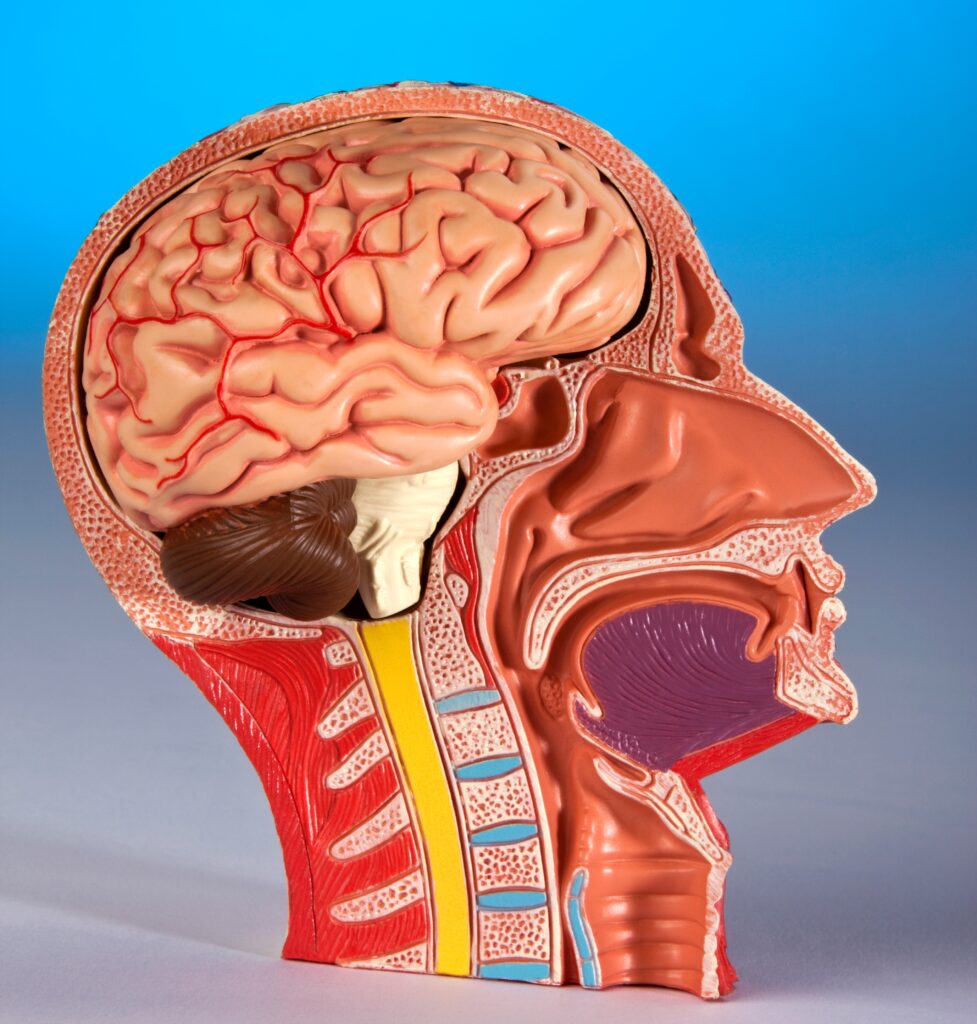#1 Stop Shop for Info on Dwarfism

Overview
Dwarfism is short stature that results from a genetic or medical condition. Dwarfism is generally defined as an adult height of 4 feet 10 inches (147 centimeters) or less. The average adult height among people with dwarfism is 4 feet (122 cm).
Many different medical conditions cause dwarfism. In general, the disorders are divided into two broad categories:
- Disproportionate dwarfism. If body size is disproportionate, some parts of the body are small, and others are of average size or above-average size. Disorders causing disproportionate dwarfism inhibit the development of bones.
- Proportionate dwarfism. A body is proportionately small if all parts of the body are small to the same degree and appear to be proportioned like a body of average stature. Medical conditions present at birth or appearing in early childhood limit overall growth and development.
Some people prefer the term “short stature” or “little people” rather than “dwarf” or “dwarfism.” So it’s important to be sensitive to the preference of someone who has this disorder. Short stature disorders do not include familial short stature — short height that’s considered a normal variation with normal bone development.

Psychology of Dwarfism
Public perceptions
Most people with dwarfism prefer not to be labeled by a condition. However, some people may refer to themselves as dwarfs, little people or people of short stature. The word “midget” is generally considered an offensive term.
People of average height may have misconceptions about people with dwarfism. And the portrayal of people with dwarfism in modern movies often includes stereotypes. Misconceptions can impact a person’s self-esteem and limit opportunities for success in school or employment.
Children with dwarfism are particularly vulnerable to teasing and ridicule from classmates. Because dwarfism is relatively uncommon, children may feel isolated from their peers.



